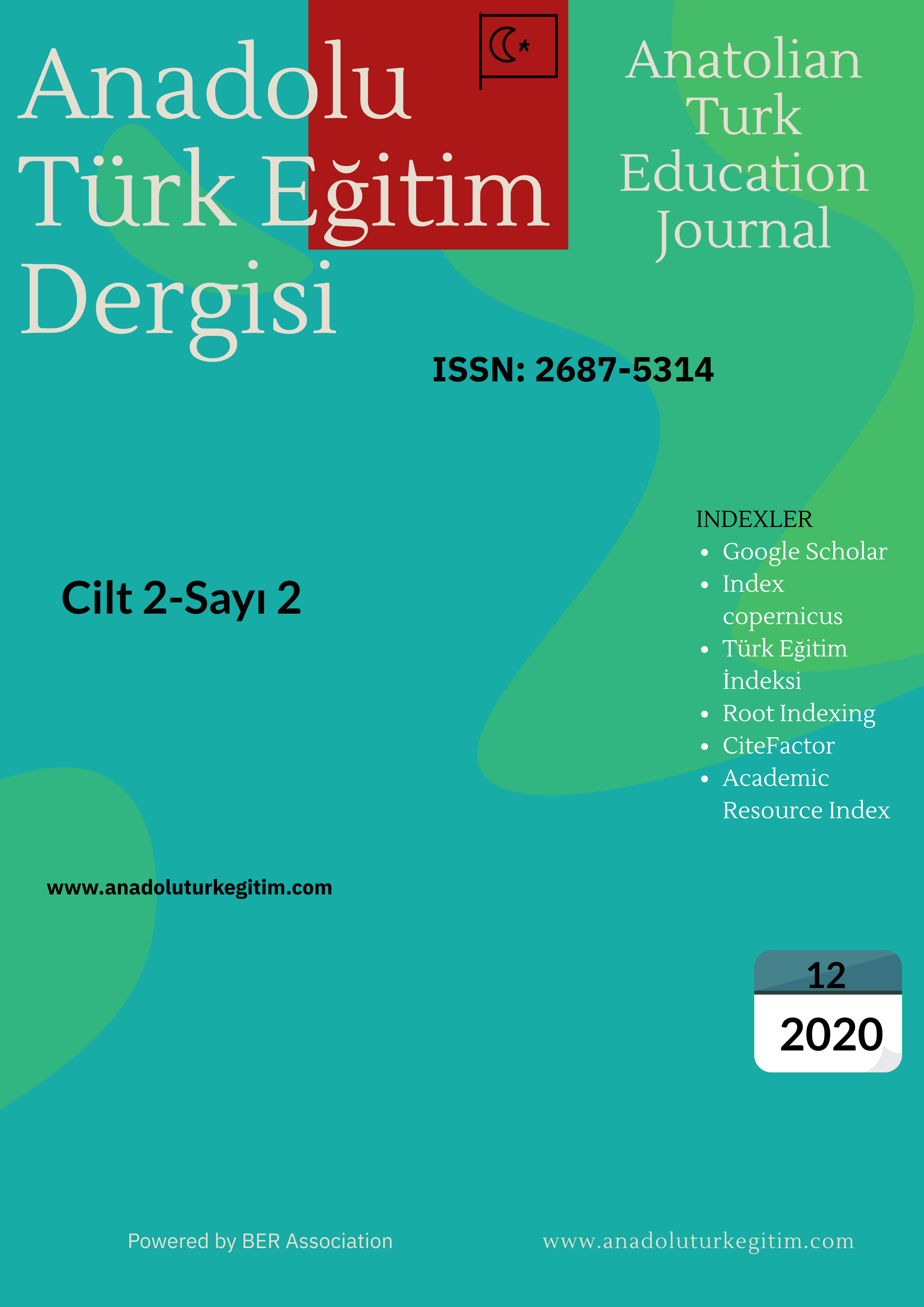
Anadolu Türk Eğitim Dergisi
Yazarlar: mehmet mustafa kızık
Konular:-
DOI:
Anahtar Kelimeler:Social education,Distance education,Teacher,Social studies
Özet: The Coronavirus (Covid-19), which emerged in the city of Wuhan, China towards the end of 2019, adversely affected Turkey as well as the whole world. As a result of this event, our country's health, economy, social life etc. As in many other fields, it has also experienced problems in the field of education. Schools were closed due to the epidemic, and distance education was used to continue education after the closure of schools. However, since distance education is an unfamiliar way in our country and does not have sufficient infrastructure, it has brought different problems with it. In order to solve these problems, it was desired to make an evaluation by taking the opinions of the teachers. One of the most important sources to refer to when making this assessment is the teachers involved in the education process. In this study, which was conducted to evaluate the distance education process, teachers' opinions were also consulted. The study was conducted with the case study model, which is one of the qualitative research methods. The sample of the study consists of social studies teachers working in Nizip district of Gaziantep province. While creating this sample, 20 teachers were reached with easily accessible case sampling, one of the purposeful sampling methods. In order to get the opinions of 20 teachers in the sample about distance education, a semi-structured interview form created by the researchers was used. Descriptive analysis method was used to analyze the data of the study. With this method, the opinions of the teachers were read and the expressions expressing the same opinion were gathered under a common theme. The percentages and frequencies of the opinions gathered under the common theme were calculated. The findings were tabulated and these tables were interpreted. According to the findings of the study, most of the participants state that the opportunities and internet infrastructure of the students are insufficient in the distance education process and that some subjects are more inclined to concrete learning.